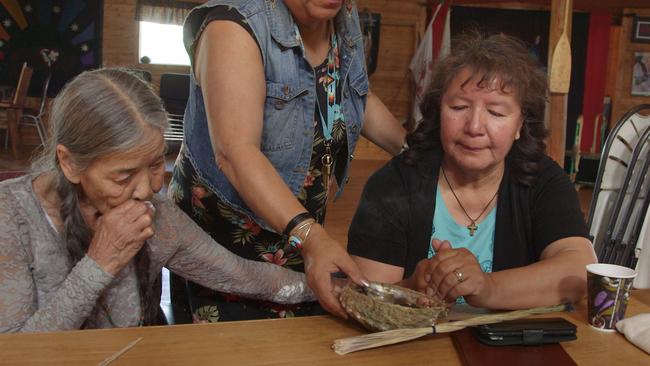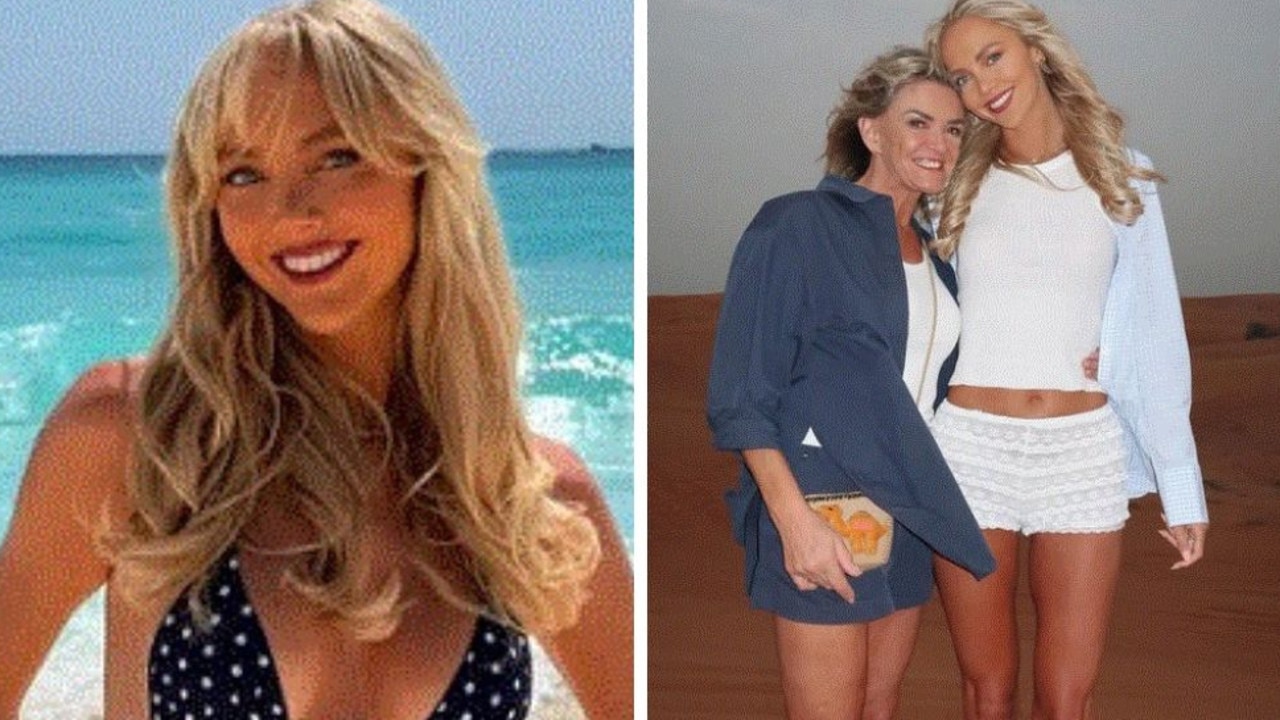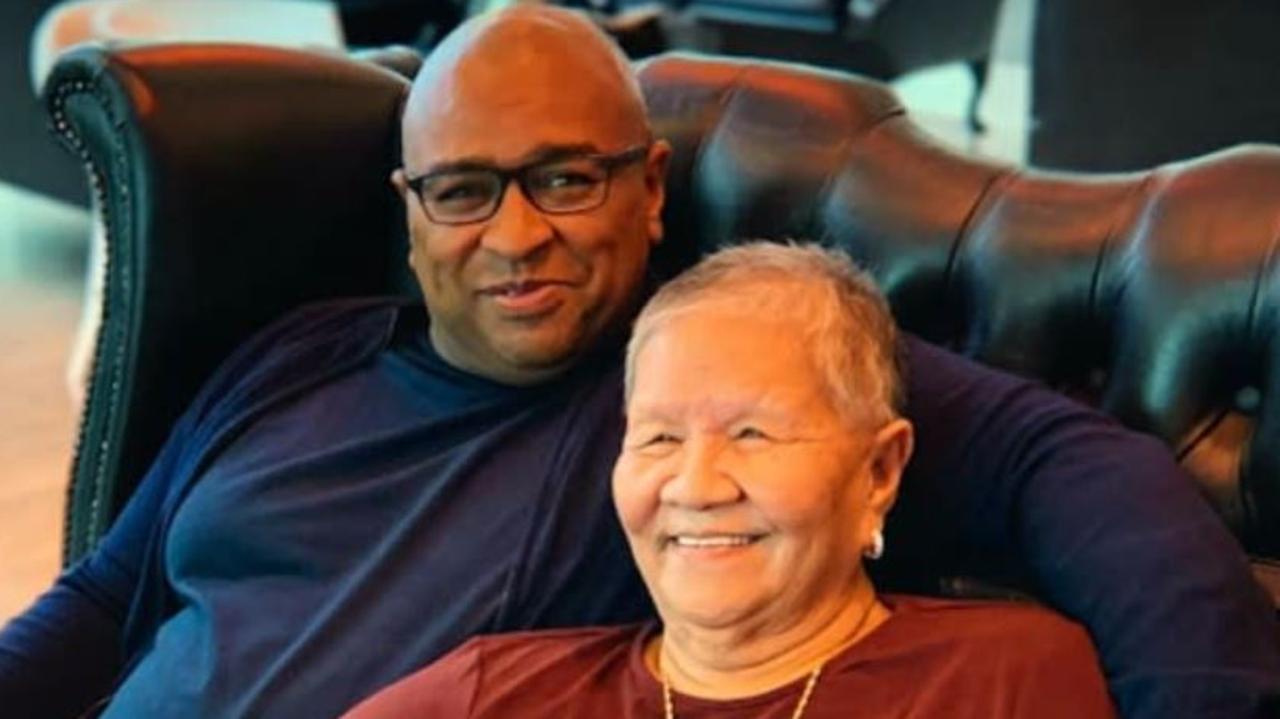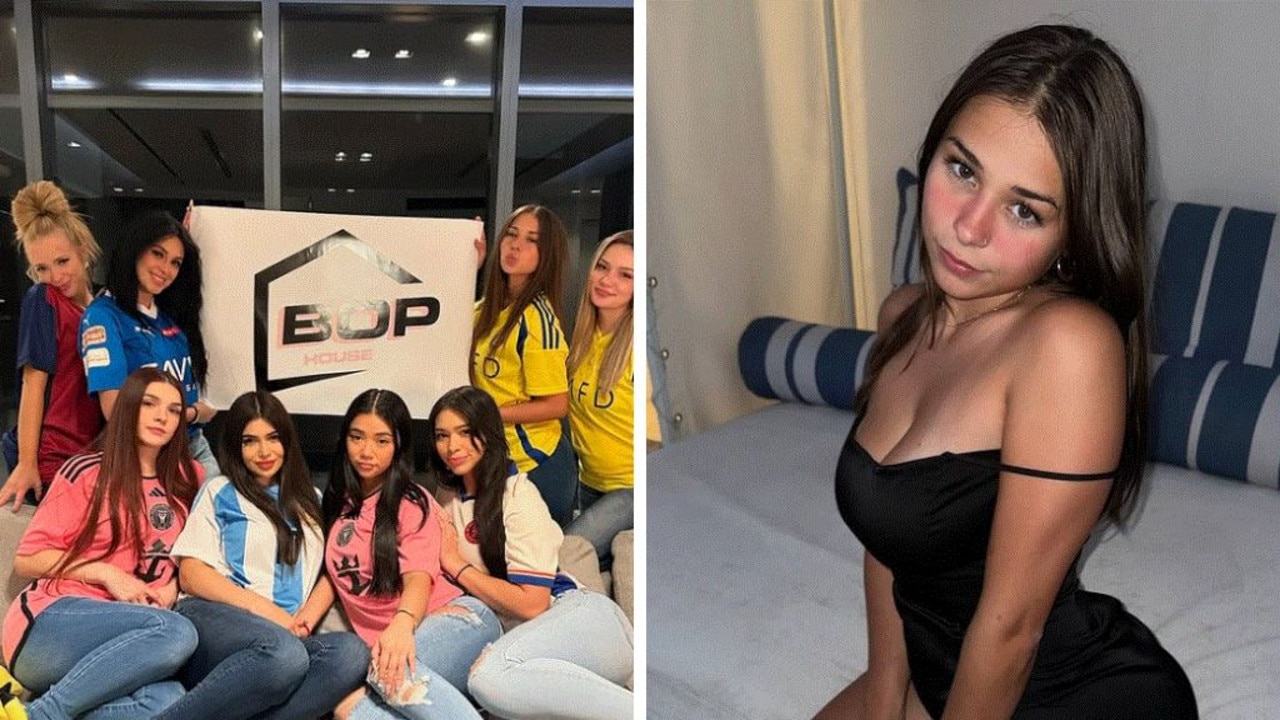Canada’s Missing Women under the spotlight
A GROUP of women who vanished from the same area are still missing. The few whose remains were located suffered a grisly end.
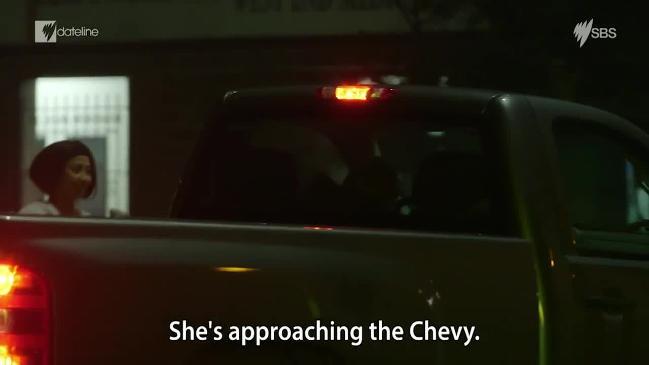
ISABEL Fontaine never got to say a proper goodbye to the sister she helped raise.
She had no idea what happened to her until she received the shocking news no family member ever wants to hear.
Sharon Abraham was killed by Canada’s worst serial killer, pig farmer Robert Pickton.
In 2004, forensic evidence linked her to the farm after one of her fingernails was found and that was the only closure her family ever got.
“They said she was tortured by the pigs, the pigs ate her,” she tells Dateline reporter Laura Murphy-Oates. “And all they found was the fingernail.”
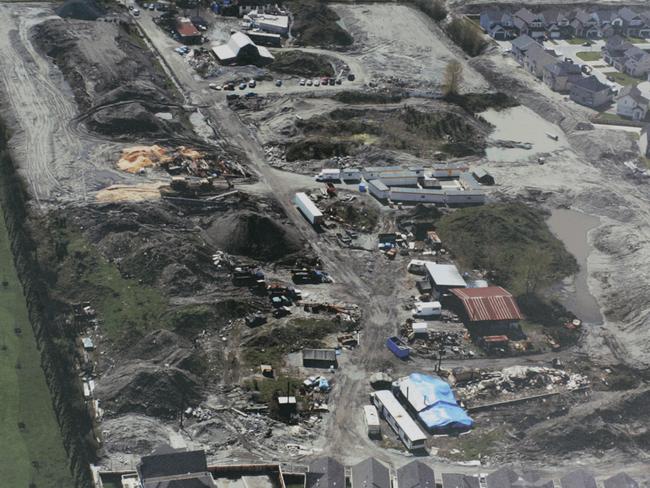
Pickton, a serial killer from British Columbia, was convicted in 2007 of killing women and butchering their remains at his pig farm.
The remains of 33 women were found on his farm, but charges were never laid in Ms Abraham’s case.
The mother-of-five is one of thousands of indigenous women and girls who vanish across Canada every year and whose story features on Dateline tonight.
While her family found out what happened to their loved one, others aren’t so lucky.
Murphy-Oates travelled to a Manitoba First Nation reserve in Canada where the cases of hundreds of missing and murdered indigenous women remain unsolved.
She found a situation that mirrored things here Australia.
The indigenous reporter said Aboriginal women both here in Australia and Canada face increased risk of violence.
Many grow up with discrimination and inequality which makes them “more of a target.”
“In Australia, indigenous women are 32 times more likely to be hospitalised due to family-violence related assaults and six times more likely to be murdered,” Murphy-Oates said.
“It’s eerie how much it (Canada) parallels things in Australia.”
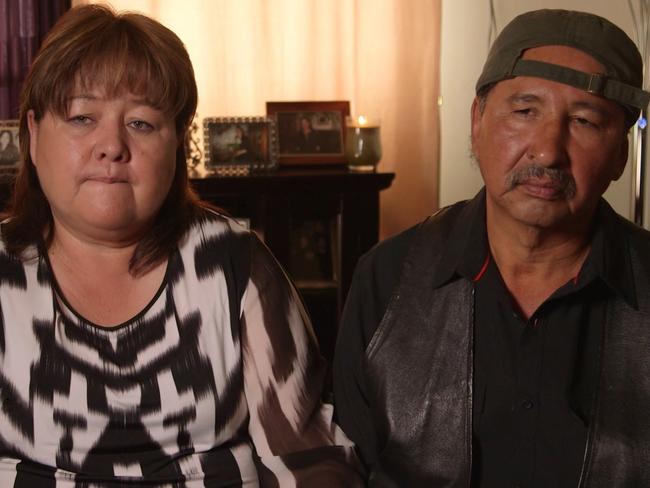
Murphy-Oates met with dozens of First Nations families who all had a familiar story when a loved one disappeared, often never to be found.
She said she found family stories of police inaction in the cases of missing indigenous women and girls. Bernice and Wilfred Catcheway, whose daughter Jennifer vanished nine years ago, are among one of those families.
They claim police told them the 18-year-old was probably out drinking, something which investigators refute.
“We’ve always believed that somebody knows something, we’ve always said that,” Ms Catcheway told Dateline. “Women, girls, they don’t just go missing. Somebody stole them from us.”
The family maintain screams were heard the day she went missing. They also claim police didn’t act early enough to find their daughter, and being Aboriginal “assumed she was out drinking”.
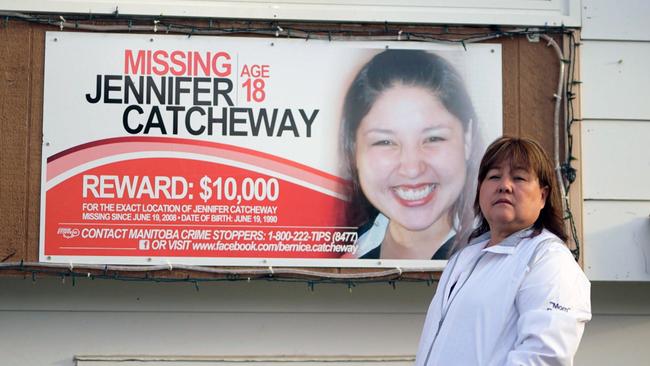
“People don’t realise what we go through, people don’t care,” Mr Catcheway said.
“Police didn’t make a statement, they made a judgment call.”
Speaking to news.com.au ahead of the documentary going to air, Murphy-Oates said these cases showed just how bad things really were for indigenous women in Canada.
A 2014 landmark police report found almost 2000 indigenous women had been murdered or went missing in Canada between 1980 and 2012.
Murphy-Oates said the native indigenous women’s association of Canada claimed the actual figure was at least double that.
Recent reports also show indigenous women were six times more likely to be murdered in Canada than other women, a figure she said was reflected in Australian statistics as well.
Murphy-Oates said the problem was compounded by the fact that indigenous families felt police simply didn’t listen or take action when they reported a loved one missing.
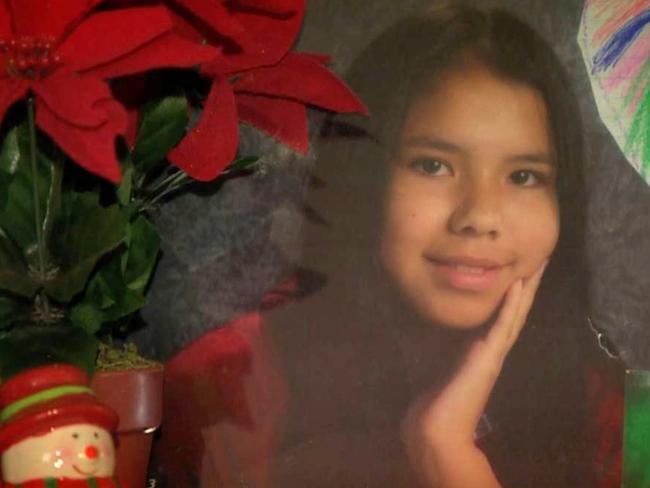
In 2015, Prime Minister Justin Trudeau announced a National Inquiry into Missing and Murdered Indigenous Women and Girls, sparked in part by the brutal murder of 15-year-old Tina Fontaine the previous year.
First Nations politician Nahanni Fontaine has been supporting families of missing and murdered indigenous women for years and said things haven’t gone far enough.
“It all goes back to this colonial narrative of indigenous women being less than worthy and disposable, so if you’re a serial killer or a misogynist (and) you want to kill women, who are you going to target?” she said.
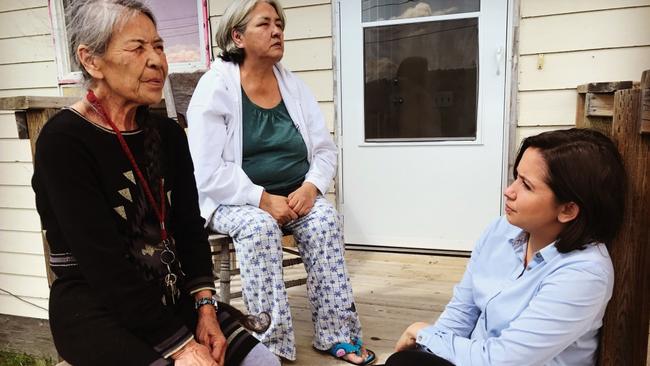
“There was such inaction in respect of files for missing and murdered indigenous women and girls that people thought that they could just kill with impunity.”
Murphy-Oates said violence against indigenous women was a huge problem and there were no easy answers.
However, she said she hoped the documentary would spark a broader discussion on family violence which included indigenous voices, and get people talking about an issue which affected all communities.
Vanished: Canada’s Missing Women on Dateline, tonight at 9.30pm on SBS
Continue the conversation @DatelineSBS | @NewscomHQ | @lauramoates
